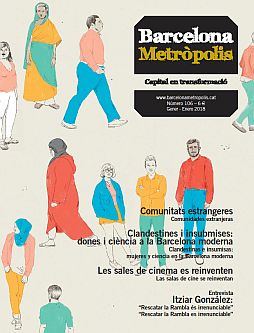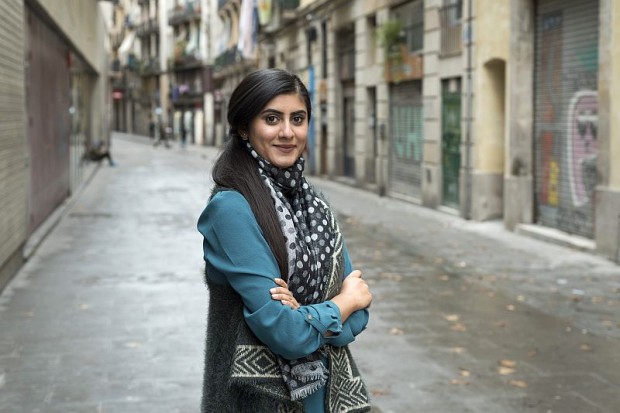Since my arrival in Montcada i Reixac in 2006, the number of Pakistani women living in Barcelona has increased considerably. Nevertheless, the problems they face have not changed much.
These problems, which include isolation or dependency, are largely a result of ignorance of the languages of the new country. The absence of a cultural link and the distance between languages makes learning complicated, whatever the previous experience, training or origin of these women is. Plus, they often arrive as a result of family regrouping processes, with their children and without a social network. This fact, combined with their husbands’ long work days, means that they are the ones principally responsible for caring for the children, and their learning of the local languages is often delayed. In addition, the young people entering school are also affected by language difficulties and ignorance of the local educational system.
In secondary school, I began to collaborate with associations that sought to give a voice to Pakistani women and promote their integration. Soon after, I decided to apply these initiatives in my own context, and I began to combine my activism with research. That was the origin of the PakMir association: an organization for Pakistani women that seeks to ensure the participation of women in the local sociocultural fabric, contributing the baggage they bring with them from their country of origin, and helping them to acquire skills that allow for their personal emancipation in all areas.
At the same time, I began to coordinate the program “Aprenem. Famílies en xarxa” (Let’s learn. Families in a network), a project of Casa Àsia where secondary students form language pairs with their parents, who are from all different origins. This project has allowed me to work with mothers and daughters of Pakistani origin using an innovative focus, and it has become a platform for the development of new initiatives. One example of these projects is the Association of Catalan Students of Pakistani Origin (ECOP). Although it doesn’t focus exclusively on women’s issues, it places special emphasis on improving education within the community as a fundamental step towards integration. ECOP is made up of university and other students from many different academic areas: medicine, engineering, law, humanities, political sciences, business administration and visual communication, among others.




